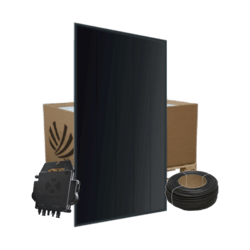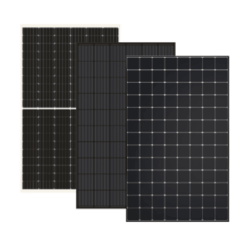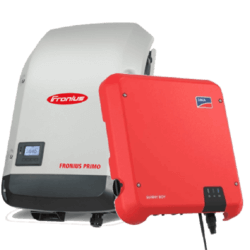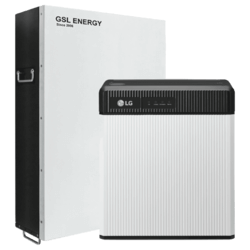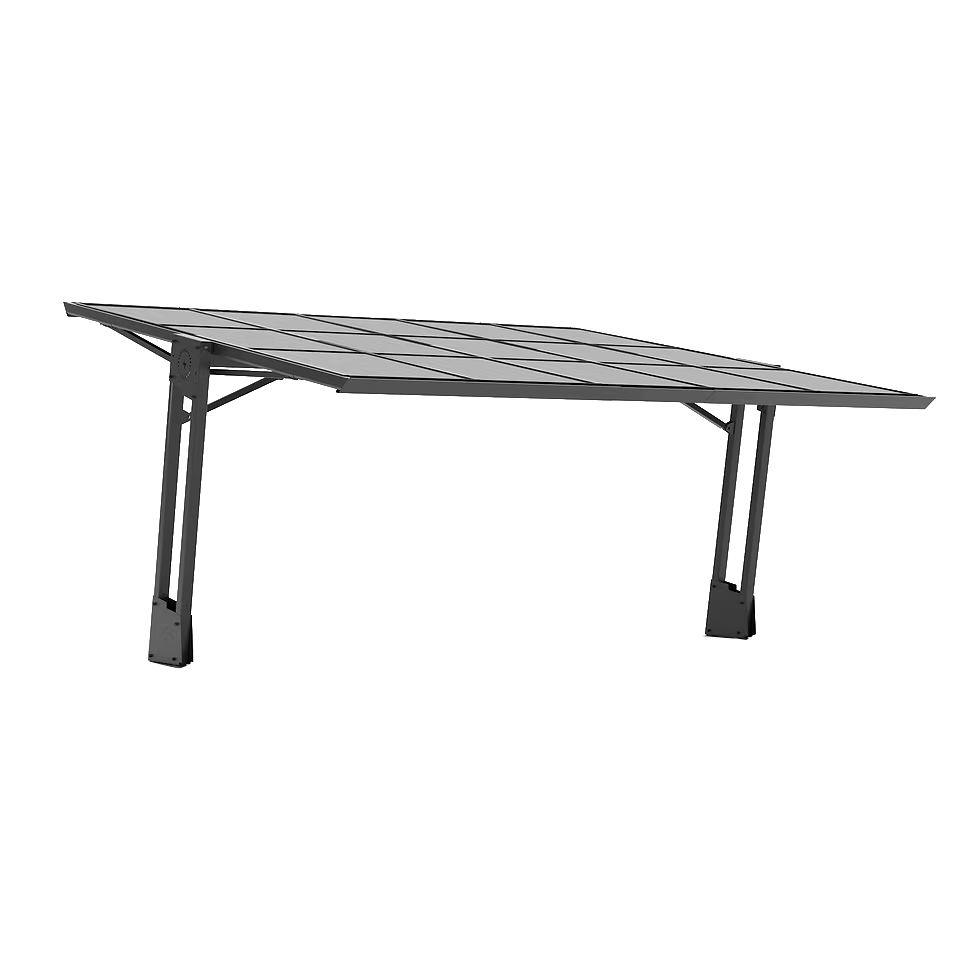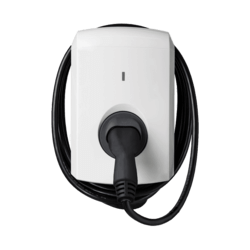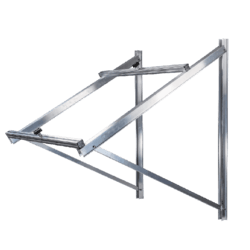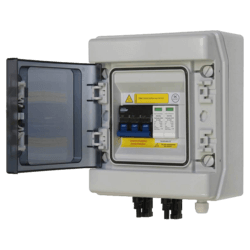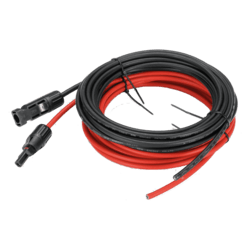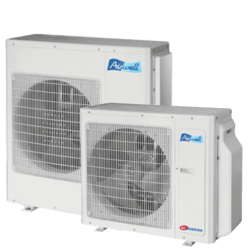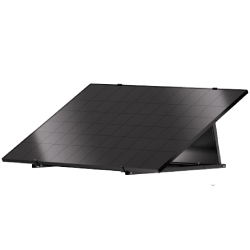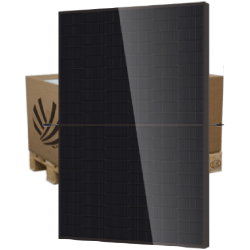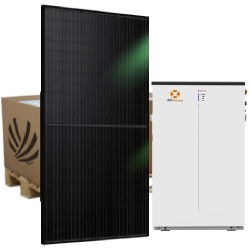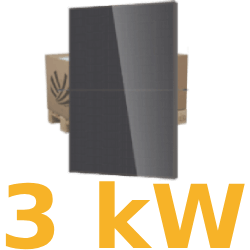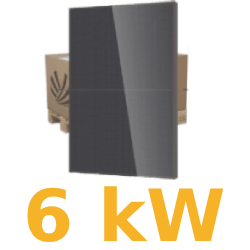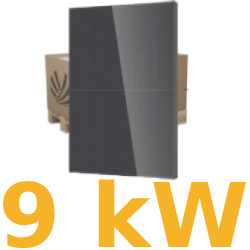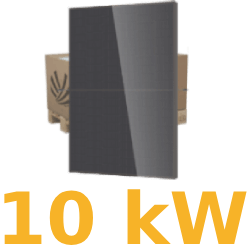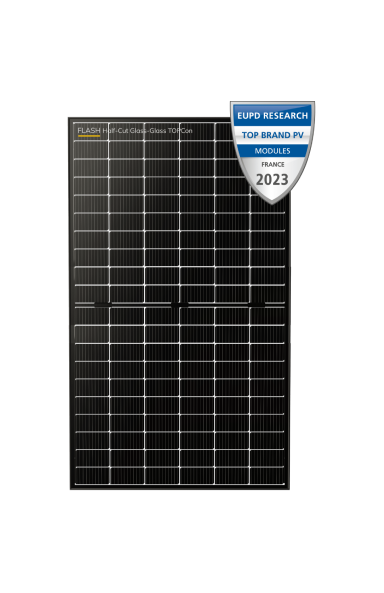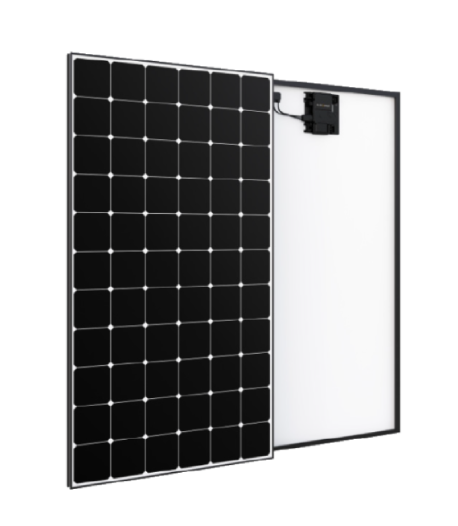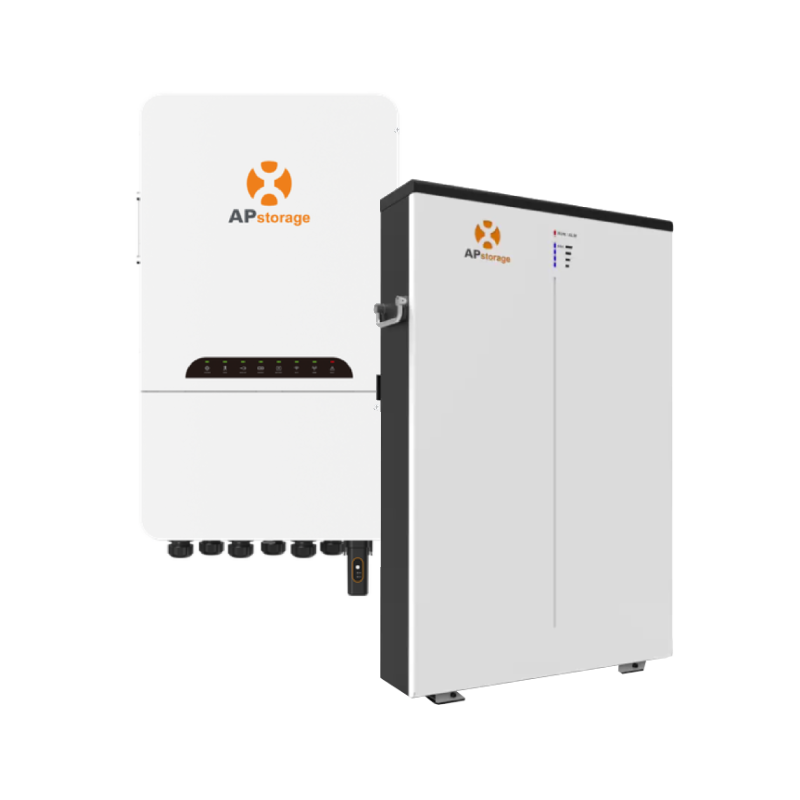Solar kit 10000W
Sous catégories
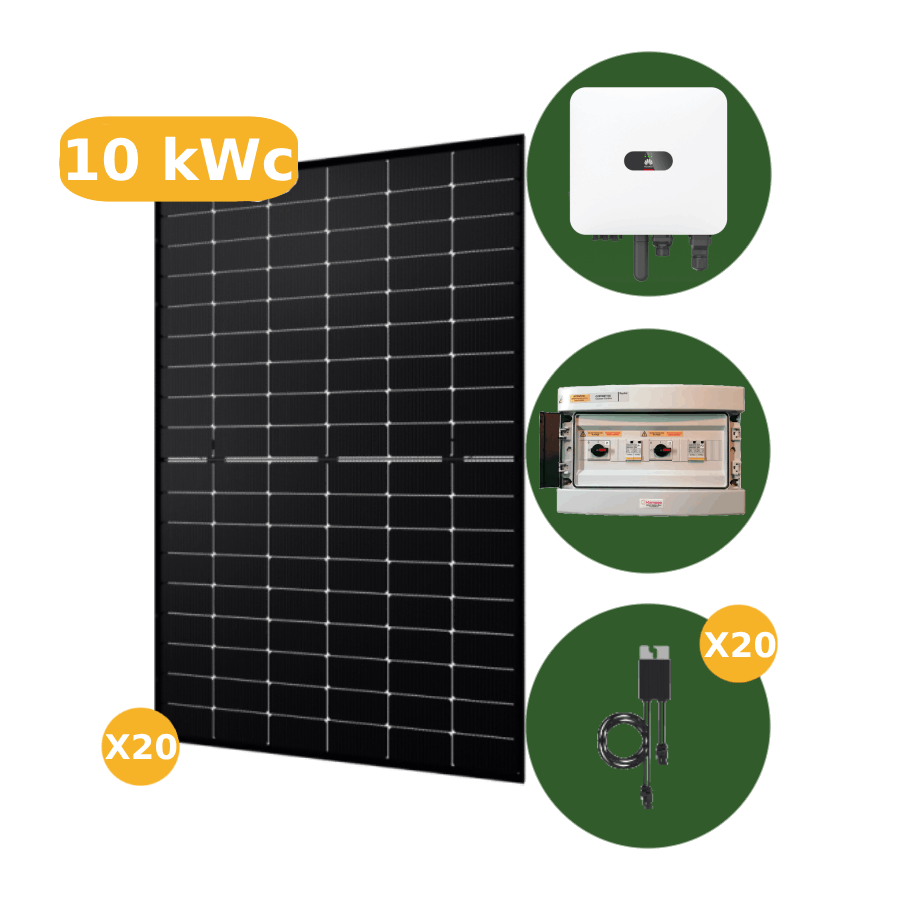
Dualsun 10kW self-consumption solar kit with Huawei three-phase inverter
10000 W solar kit
If you want to save money on your electricity consumption, a 10000 W solar kit is a good solution. This kit enables you to produce sustainable energy for professional or residential use. A self-consumption solar kit offers the opportunity to gain energy independence thanks to photovoltaic panels.
Planet Soar offers you a selection of solar kits from leading brands at affordable prices to help you with your energy transition.
What is a 10000 W self-consumption solar kit?
A 10000 W solar kit is a photovoltaic system designed to produce your own electricity. If your annual consumption is more than 9000 W, this is the power you need. It can power a large flat or house, or take care of part of your industrial or commercial electricity needs.
The solar kit contains everything you need for your photovoltaic installation: the solar panels, the inverters or micro-inverters and the cables needed to connect the panels to the installation. Installation is quick and easy. As soon as your solar panels are installed, they start producing energy!
See also these solar products:
- Solar kit 9000W ;
- Plug and play solar kit ;
- 3000W solar kits ;
- 6000 W self-consumption solar kit ;
What is the output of a 10000 W solar kit?
A 10000 W self-consumption solar kit can produce up to 10,000 W of energy under optimum conditions of use. What are these conditions?
Exposure of the solar panels
Each solar panel must be optimally exposed to produce as much energy as possible. So the orientation and tilt of the panels should be your main concern when installing them:
- The solar panels should face south, not north.
- They should be tilted at a 30° angle. This will allow you to follow the position of the sun in all seasons.
Sunshine
Sunshine is the most important condition for your solar kit to receive the light it needs to produce electricity. The sunshine rate refers to the amount of light your panels receive all year round. This rate is not fixed, as it depends on the season, but also on the region in which you live.
Solar panels installed in the south of France produce more. However, living in another region does not prevent your solar kit from performing well.
Shading
This term refers to the shaded areas that may come between your panels and the sun's rays. These should be avoided as far as possible when installing your solar kit. To do this, it's important to carefully choose the site where you want to install your panels so that they can benefit from maximum light all year round.
What are the advantages of a 10000 W solar kit?
A 10000 W solar kit can cover the electricity needs of an average-sized house. So you can power your household appliances as well as your lighting and heating needs. It can also be used to power a solar water heater to provide your hot water all year round.
If you own a business, a 10000 W solar kit can help you cover a large proportion of your day-to-day energy needs. Lighting, office equipment and IT systems can all be powered by your solar panels.
Similarly, a 10000 W solar structure is beneficial for light industrial installations, such as craft workshops, greenhouses or small production units. Here again, solar energy means significant savings on your electricity bill.
In addition to these energy savings, your 10000 W solar kit will:
- make you more energy independent;
- reduce your environmental impact by producing green electricity.
FAQ
What is the average price of a 10000 W stand-alone solar kit in 2025?
The average price of a 10000 W stand-alone solar kit is between €5,500 and €10,000.
How much power do you need to supply a house?
This depends on a number of criteria, including the surface area of the house, its annual energy consumption and the appliances it has. You need to find out how much you use to choose the right solar kit for your energy needs.
What criteria should I consider when choosing a solar kit?
First of all, you need to estimate your annual electricity consumption to find out how much power you need. Then you can consider the efficiency of the solar panels and the options on offer, such as connectivity or intelligent energy management.

